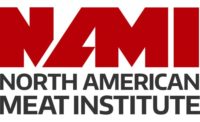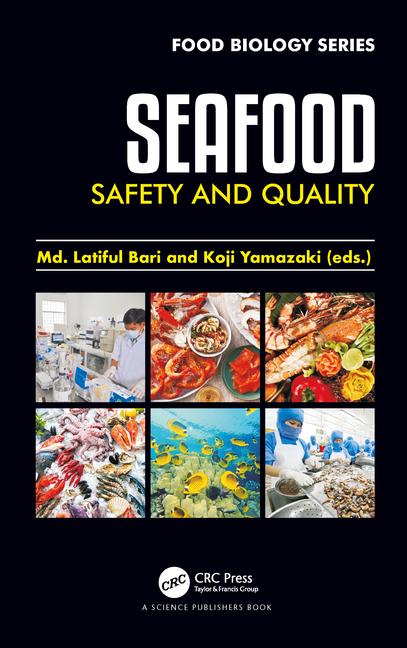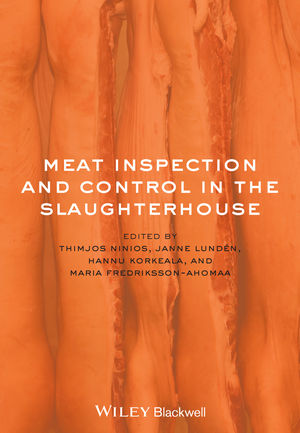Safety is everyone’s responsibility

But other systems aren’t so obvious. Worker attendance incentive programs, accident-free awards programs, and especially employee stock ownership options are the key reasons why lamb processor Superior Farms enjoys one of the lowest rates of illness or injury in the United States.
“We take our safety very seriously here,” said Alfredo Saldivar, human resources manager for the company’s Dixon, Calif., harvesting facility. “We have programs and incentives in place to help ensure that our injuries are at a very low rate. And our workers compensation modification rate is even lower.”
The industry standard is 10.4 injuries out of 100 workers. Superior Farms is currently at 2% and has significantly reduced the number and severity of injuries in the past 11 years.
According to the American Meat Institute’s website, “Dramatic reductions in the rate of illness and injury at U.S. meat packing plants speak to the value of voluntary, industry specific worker safety and ergonomics programs.” They site four categories that employers implement: Work Site Analysis; Hazard Prevention and Control; Medical Management; and Training and Education.
Even though its rate is low, Superior Farms isn’t free from accidents resulting in injuries. Each case is thoroughly investigated, and the human resources department puts on their “safety hats”. The accident is recreated and analyzed to learn how to prevent it from happening again. Proposals are made to adjust the equipment, or even down to the ergonomic stance that our employees have.
Since a big majority of the line work is repetitious, job rotation is important. Workers in problem areas are cross trained so there is rotation throughout the day to cut down on potential injuries in those departments. “Luggers” are a good example, where employees may be lugging a 100-pound lamb carcass from one hook to another, sending it to different areas of the plant for further fabrication. The same is true for those moving boxes on and off pallets for orders going out. Strenuous jobs like this are rotated each day, usually within the same department, so they are not using the same muscles each day.
New equipment has also been helpful in repetitive motion issues. Simple tools such as automatic label machines, design of conveyer belts or even positioning platforms for employees to stand on can curb the ergonomic issues for many positions.
Interviewing Superior Farms employees though, the message was clear: being employee owned is the key to worker safety.
“I think the difference is for us that when any of us look at a task or a job or what needs to be done, as employee owners we look at it differently,” said CEO Ed Jenks. “Because you realize that if you don’t do it correctly or safely, the likelihood is that you could be out of work or worse — you could get one of the other owners injured. We tend to be more careful because we’re all owners.”
Vice President of Human Resources Karen Ellis agreed. “It starts with company leadership and setting the tone from top down that safety is really important.”
Superior Farms was founded in 1963 in Ellensburg, WA. It later moved to Dixon, California. Since then it has purchased locations in Boston, MA; Denver, CO; Vernon, CA; Blue Island, IL; and Hawarden, IA. Managers in each of the company’s plants in California, Colorado, Illinois and Massachusetts meet once a week with all employees at the facilities to give training on topics. The managers and HR also meet once a month to review current injuries and to discuss safety.
Employees themselves are rewarded with a luncheon and prizes every six months. “At the employee lunches we raffle off great prizes. Everybody who is injury free is eligible. Plus we purchase lunches throughout the year, t-shirts, hats and other logo items for departments who keep a good safety record,” said Saldivar. “ We just started a program called Lamb Bucks – they are a voucher that we use that employees get when they are doing something right on the job for safety or quality – like wearing their helmets and glasses, bending down properly, catching leakers and quality control issues. We want to make sure the job is done right the first time.” Employees can use the Lamb Bucks to buy lunches or company apparel.
The locations are stocked with safety items so they can be immediately replaced on site. These include arm guards, belly guards and chain gloves, and they are given replacements as needed.
“It’s pretty unusual to have a meat plant that’s employee owned – it’s unique,” said Quality Control Manager Matthew Livingston. “The departments work together – it’s not an ‘us against them’. I don’t think anybody really realized it until about 10 years ago when people started retiring and realizing that they were getting a real value from the company doing well. Longer-term people are telling the newer coworkers about it. “
“Being an ESOP holds everyone accountable also,” continued Livingston. “Employees don’t have that much control of the hours, but they do have control over their shares and the share value based on how well they do their job.”
Livingston has seen co-owners point out missing hairnets, safety goggles and care on forklifts to help each other be safer.
Looking for a reprint of this article?
From high-res PDFs to custom plaques, order your copy today!








